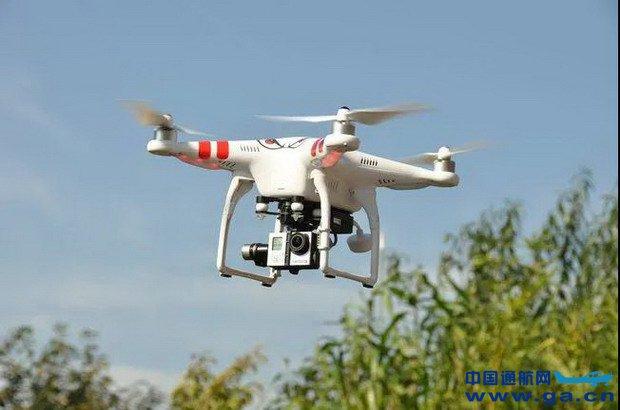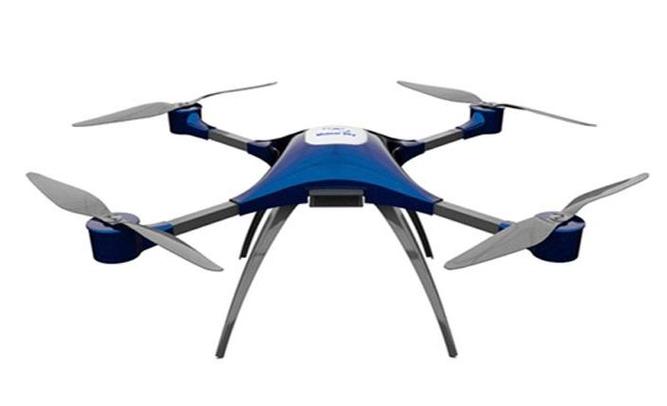Obtaining a drone license is an essential requirement for those aiming to fly drones for commercial purposes. Navigating the intricacies of securing a drone license can be daunting, yet with the correct guidance, your path to mastery can become straightforward. Understanding the importance of a drone license is the first step in ensuring your compliance with aviation regulations and enhancing your professional opportunities. By adhering to the guidelines and training requirements, you not only assure legal compliance but also significantly improve your operational safety and efficiency.
Understanding the Drone License
A drone license, officially termed as Remote Pilot Certificate, is issued by the Federal Aviation Administration (FAA) in the United States. It’s an official credential that verifies a drone pilot’s ability to operate their unmanned aerial vehicle (UAV) safely and according to legal standards. The certification requires passing an aeronautical knowledge test, which covers essential topics such as airspace regulations, weather effects, emergency procedures, and the effects of drugs and alcohol.
Why is a Drone License Important?
Acquiring a drone license allows pilots to legally conduct commercial drone operations, opening up numerous industry opportunities such as aerial photography, agricultural monitoring, real estate assessment, and even drone delivery services. A valid drone license ensures you adhere to safety standards, reducing the risk of incidents and guaranteeing compliance with local and federal regulations.
- Legal Compliance: Operating without a drone license, especially on a commercial level, can result in significant fines and legal challenges.
- Safety Assurance: Licensed pilots significantly reduce potential hazards by adhering to established protocols.
- Accessibility: With a drone license, more industry doors open, enabling diverse applications and business growth.

Tips for Successfully Obtaining Your Drone License
Ahead of pursuing your drone license, it’s crucial to be well-prepared to pass your test and meet any associated criteria.

-
Study the FAA Resources: The FAA provides comprehensive materials that cover everything you need to prepare for the certification test.
-
Enroll in Training Courses: Many online and offline courses are designed to provide in-depth coverage of test subject areas, practical flying tips, and navigation skills.
-
Practice with Simulators: Drone flight simulators offer a risk-free way to hone your flying skills before taking on real-world scenarios.
-
Network with Experienced Pilots: Engaging in drone pilot forums or groups can yield valuable insights and tips from experienced professionals.
The Future of Drone Licenses
Given the rapid advancement in drone technology, it’s crucial to stay informed about upcoming changes in licensing requirements. With drones increasingly being used in sectors such as infrastructure inspection and emergency response, future amendments to regulations could impact certain aspects of obtaining or renewing a drone license.
FAQs
Do I need a drone license for recreational use?
No, recreational use typically does not require a drone license, but you must adhere to specific guidelines pertaining to safety and airspace.
How long is the FAA Remote Pilot Certificate valid?
The certificate needs to be renewed every two years to ensure pilots remain updated with current regulations and practices.
What are the consequences of flying without a drone license?
Aside from potential fines, unauthorized drone operations can lead to legal action and restrictions on future flying privileges.